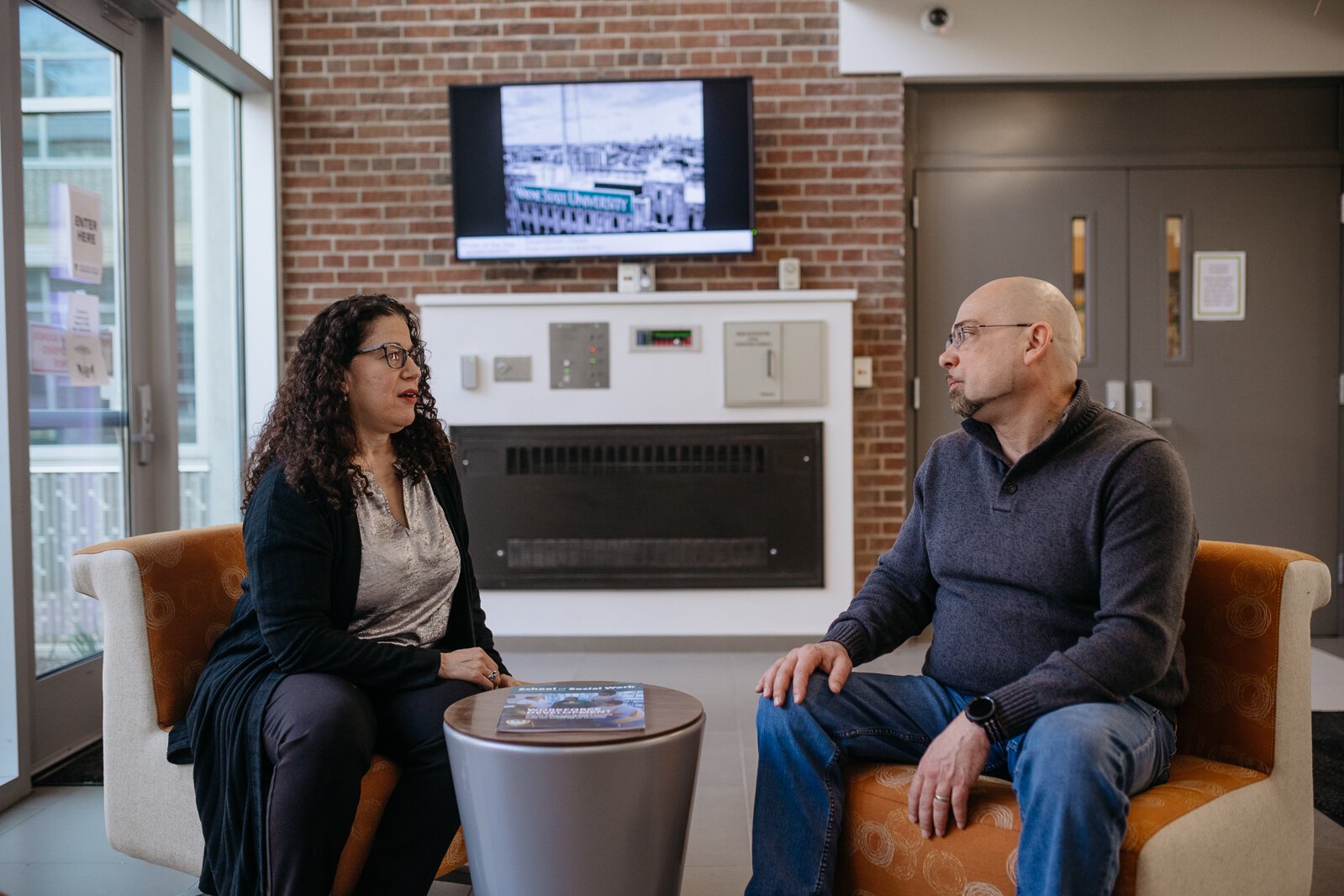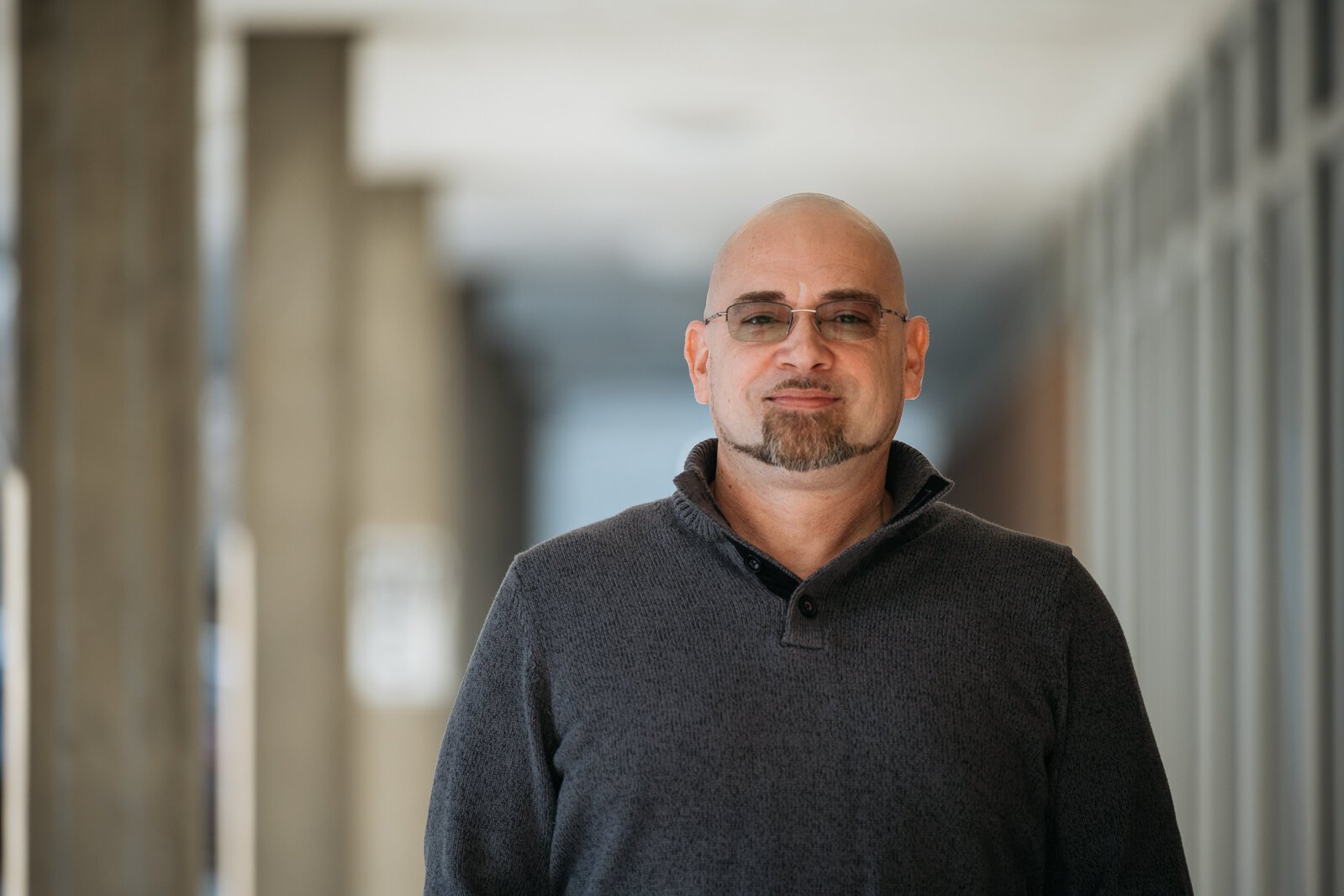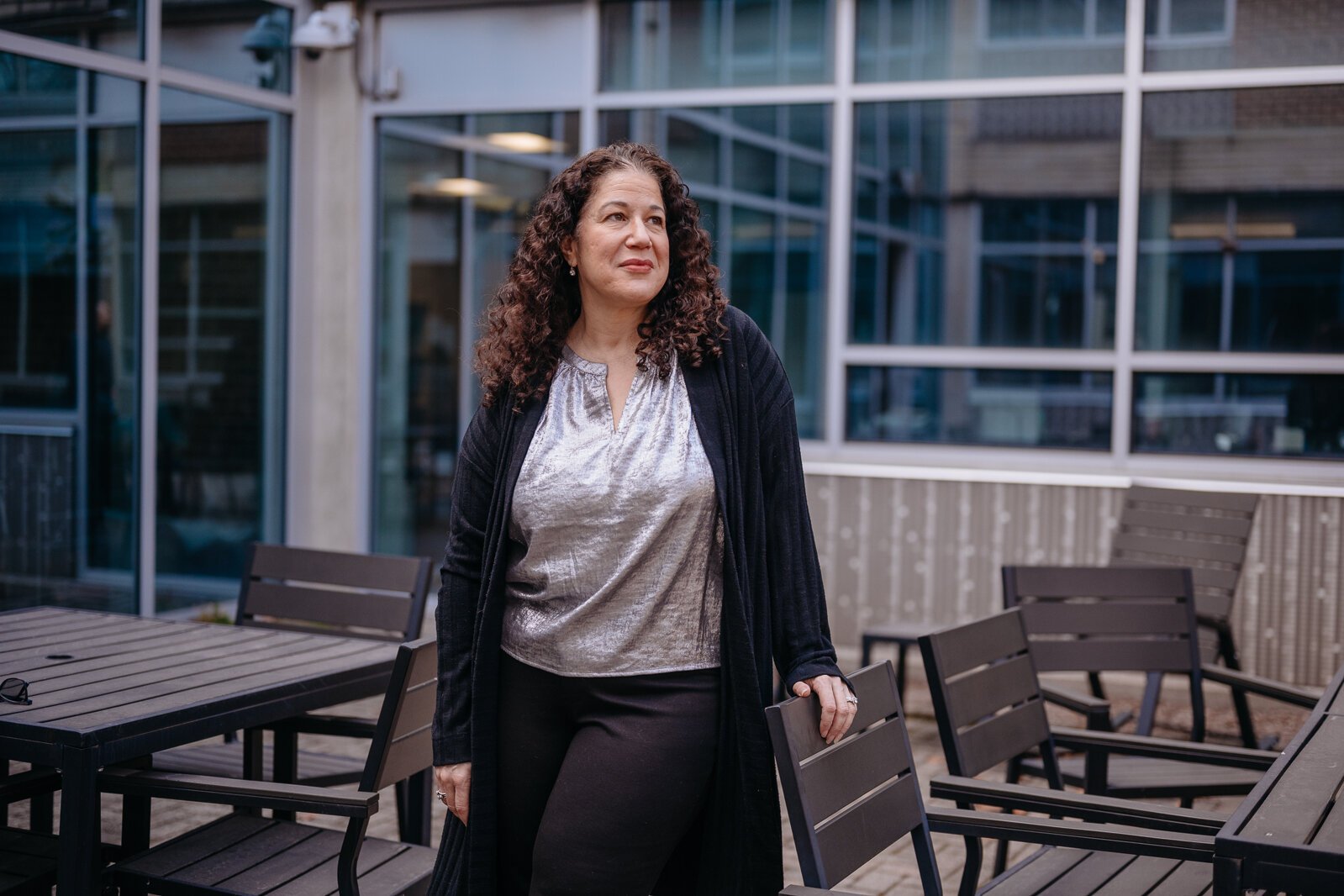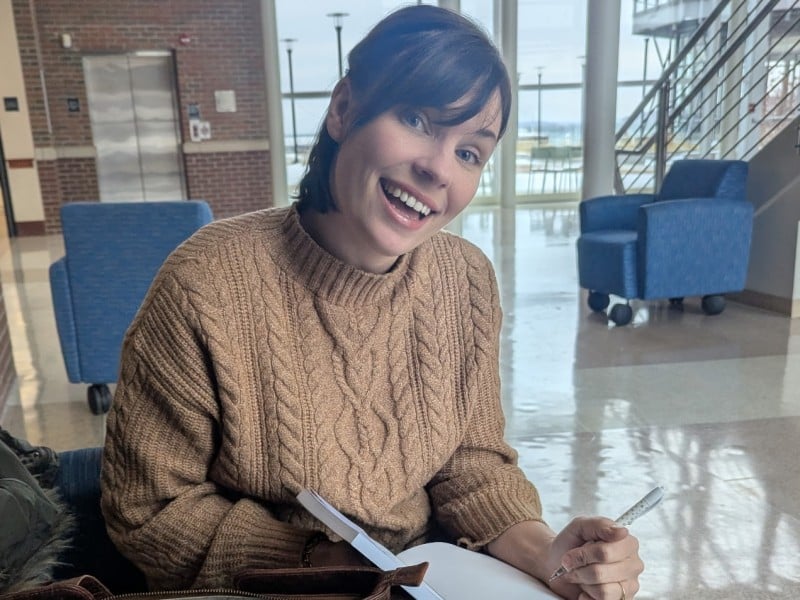Wayne State University program helps peer support specialists pursue higher ed in mental health
The Peers to Higher Education program helps peer support specialists find funding and child care to support them in building a career in mental health.

This entry in the Nonprofit Journal Project is part of a series of articles about how Michigan health care professionals are responding to the state’s health care workforce shortage. It is made possible with funding from the Michigan Health Endowment Fund.
For the past two years, the Wayne State University (WSU) School of Social Work’s Peers to Higher Education program has been helping peer support specialists to pursue college education in behavioral health. Peer support specialists are non-clinical health professionals employed in behavioral health settings to work with people diagnosed with mental health or substance use disorders. They have lived experience with recovery from mental illness or substance use disorders as well as formal training.
Peers to Higher Education Project Manager Larry West, a former peer support specialist, serves as a liaison between the university and community mental health agencies (CMHs) in the region, who employ peer support specialists. He helps the CMHs develop practicum experiences for peer support specialists seeking higher education and helps their peer support specialists with the college application process, securing financial aid, finding child care, and overcoming other barriers. The program also provides stipends and internships to help these non-traditional students with the costs of going back to school.

According to Elizabeth Agius, WSU School of Social Work associate director of research administration, approximately 10 peer specialists will begin their WSU degrees in fall 2024. The WSU School of Social Work offers in-person as well as fully online programs towards bachelor’s and master’s degrees in social work.
We spoke with Agius about how this program will address mental health care workforce shortages while creating a career path and greater financial security for people who have overcome their own mental health challenges.
Q: Why are peer support specialists important to delivering community mental health services?
A: There are challenges in community mental health in terms of finding enough professional staff. There are also issues in getting people who need help to come in because people have perceptions about what it’s like to seek help. When you have peers in the community mental health network, they bring their lived experience and that means clients can see themselves in the process, rather than somebody giving you advice or listening to you. Someone is able to really share the walk that they’ve taken as well. It really builds trust and rapport with clients.
Connection is really important, and peers can assist with that, in substance abuse in particular. Recovery is challenging. Peer specialists and peer recovery coaches serve as role models for living full lives with mental health. They really empower clients by giving them encouragement and practical strategies.

Q: How will creating a career path for peer support specialists encourage more people to become mental health professionals?
A: Peer specialists have a key role, but they often work part-time in a contractual position, so they don’t get benefits or pay at the level of a therapist because they don’t have credentials. By creating a career path, if you’re doing this work as a peer, now let’s transfer your skills into a Bachelor of Social Work or a Master of Social Work to move you up that ladder. Social workers are in high demand right now. There is a shortage of social workers in many areas of Michigan. Rural areas in particular have been hard hit.
We did a survey of peer recovery coaches for the state of Michigan. Their challenges were primarily low salaries. Career advancement comes with pay and benefits. It’s also important to note that being a peer specialist is emotionally challenging work. Here you are, potentially somebody with lived experience of mental health or substance abuse challenges, and talking a lot about that to other people with mental health and substance use challenges. It can be triggering more emotions for you, recalling your struggle. So a career path is really important.
This becomes a retention strategy for community mental health as well. If you’re recruiting recovery coaches and peer specialists and can facilitate their training into the role of a therapist or case manager, you’re preserving your own workforce.
Q: Why should colleges, universities, and CMHs in other parts of the state work together to replicate the Peers to Higher Education program in their regions?
A: We just came off of a pandemic, which saw lower college enrollments across the board in Michigan. At the same time, the need for mental health services escalated. Having peer support specialists and peer recovery coaches in behavioral health programs is really important. Through the survey, we know that turnover for peer recovery coaches is affected by a lack of a career path.
We are working to find funding and support for these students so that we can fill these important gaps that are out there in the workforce. We talk a lot about the importance of providing care for mental health. We need to do everything we can to make sure that when people try to access the system to receive help, there’s help available.
Estelle Slootmaker is a working writer focusing on journalism, book editing, communications, poetry, and children’s books. You can contact her at Estelle.Slootmaker@gmail.com or www.constellations.biz.
Photos by Steve Koss.








